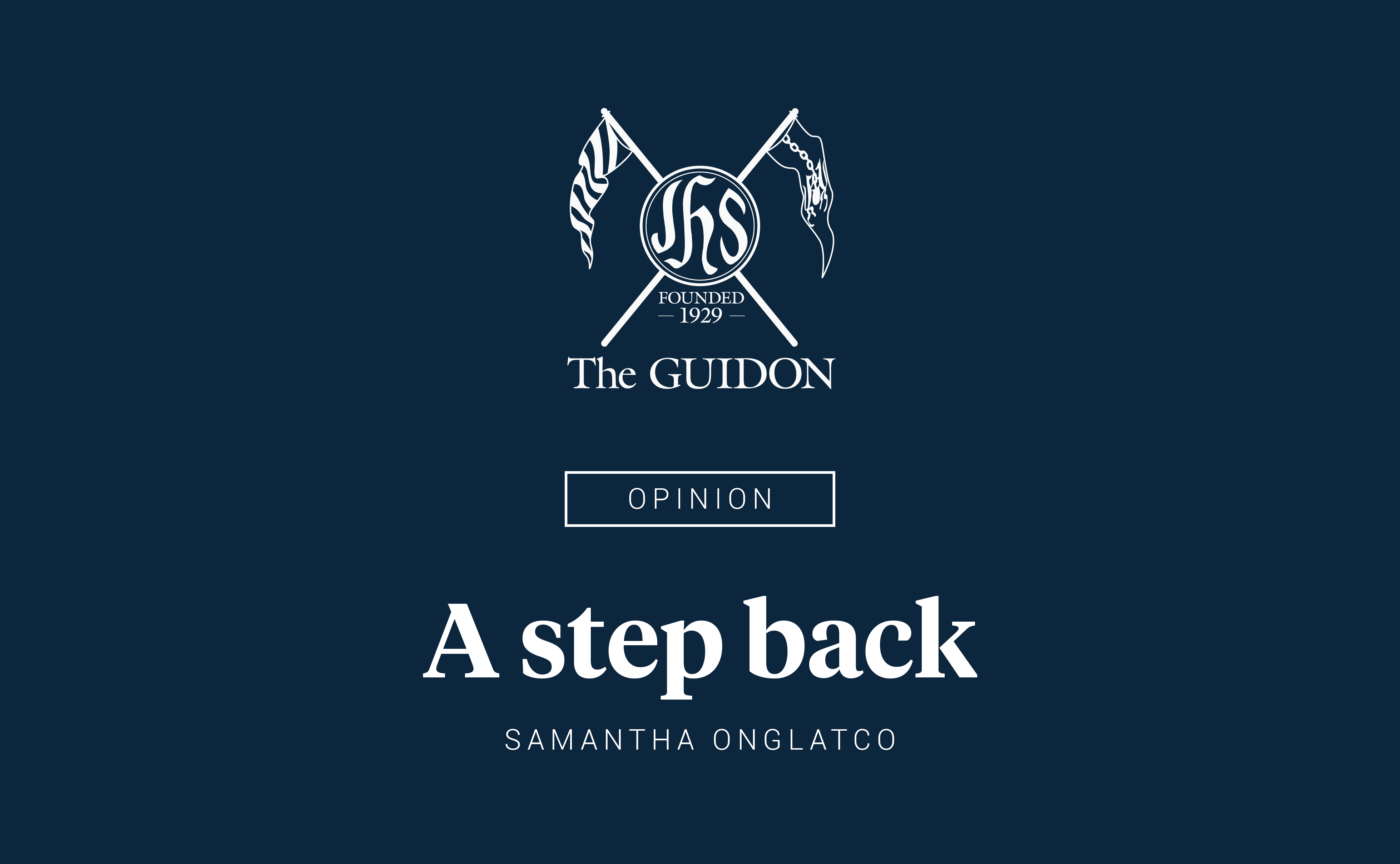Trigger warning: This piece contains mentions of eating disorders.
OPINION: I WANTED a cookie for breakfast. As I got up and prepared to shove a cookie into my mouth, I suddenly thought of how many calories I’d consume if I ate it. I would consume about 55 calories for one piece; 160 if I had three. Then I caught my line of thinking and reminded myself: You don’t do that anymore.
I’ve had an unhealthy relationship with food since I was in high school. I’ve always been naturally big-boned, which my classmates often pointed out during my early teenage years. One classmate even coined a special nickname for my thighs: Crispy pata, comparing my legs to that of a pig’s. The same classmate often made fun of me every time he saw me eating my baon, reminding me of the weight I would gain.
Another classmate sent me an anonymous message on ask.fm, a popular question and answer platform at the time, saying, “Akala ko ba magdadiet ka na? Ang taba taba mo padin.” (I thought you were going on a diet? You’re still so fat.)
Because of these comments, I started to deprive myself of food at the young age of 13, finding comfort in feeling hunger pangs. When I was 17, I was diagnosed with a major depressive disorder for a number of reasons—one of which was low self-esteem. Not too long after, I discovered that I could force vomit all my food out.
I vividly remember feeling a sense of relief when I tried purging for the first time, thinking that I finally found a way to eat and not gain weight. I continued to have frequent bathroom visits right after meals, covering it up as indigestion. With every “ang payat mo!” (you’re so thin) that gave me a sense of satisfaction was also a corresponding bathroom visit to ensure that it would stay that way. I became obsessed with being thin, but at the same time, I never felt slim enough.
Everybody around me thought that my weight loss was a result of fatigue in school, not knowing what I was doing to myself behind closed doors. I was eating less and visiting the bathroom more frequently. One day, I ended up telling my psychiatrist about what I was doing to myself. I didn’t know that I was experiencing symptoms of bulimia nervosa nor did it ever cross my mind that I had an eating disorder. I used to associate eating disorders with rapid weight loss, but the signs for bulimic patients are less obvious since their body weight stays within the normal weight range.
Seeking treatment was the first step on the long and ugly road to recovery. I had to garner enough willpower to resist the urge of visiting bathrooms every time after I ate and I had to unlearn years of bad habits and wrong mindsets. The mental battle it would take just to get myself to eat often left me in tears as I fought off the thought of how many calories I was taking in.
It took months of getting used to eating at regular times, and regaining my appetite took even longer. However, I stayed committed to my journey towards recovery. Over time, I’ve learned that being healthy means being strong and well, not being thin. With one spoonful at a time, I began to get better.
I am still on a journey to recovery, but I am proud of myself for how far I’ve gotten. I have learned to love my body with all its flaws and imperfections because it is what gets me through every day. After all, how could I not love it? My body does its best to take care of me because it loves me, so I will do my best to love it back by taking care of it well.
So in the end, I indulged in the cookie I held myself back from. My body could do with a treat for getting me through another week.







